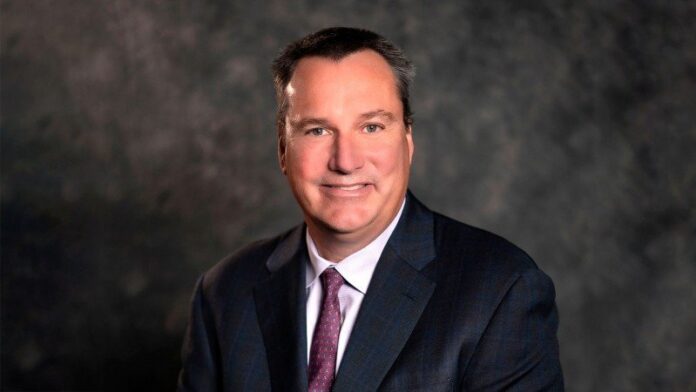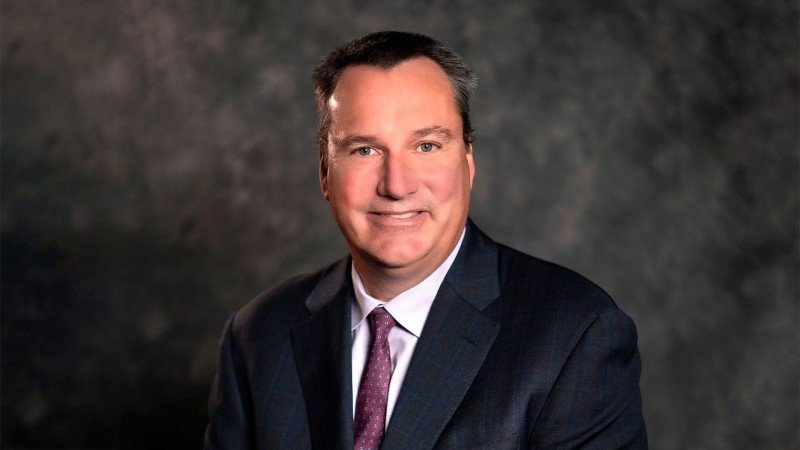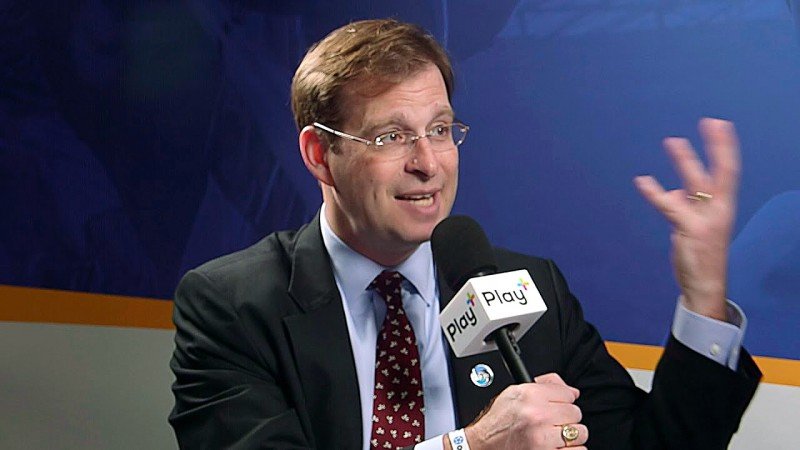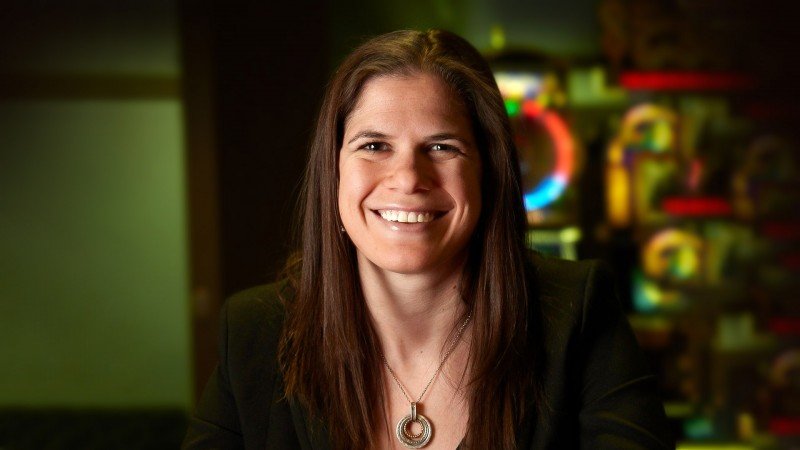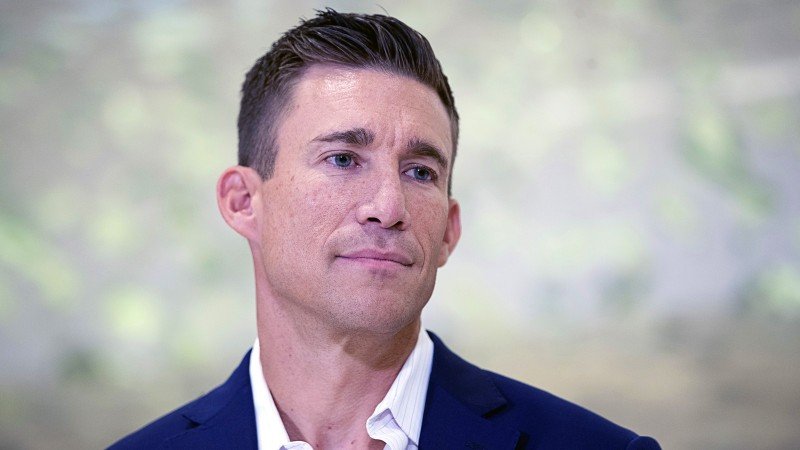US casino giant Caesars Entertainment has unveiled plans to bolster its responsible gaming policies by raising the age restriction for Caesars Rewards and expanding its self-exclusion program, a launch that is taking place during Problem Gambling Awareness Month.
The Reno-based operator of some of the Strip’s biggest properties said last week that it will implement its self-exclusion program across its entire gaming portfolio by the end of March. It will also limit Caesars Rewards accounts to customers over 21, and, where allowed by law, limit all domestic gaming, parimutuel, sports and iGaming options to those over 21.
Tom Reeg.
Tom Reeg, CEO of Caesars Entertainment, said in a statement: “We have a special responsibility to ensure that everything we do is built on a solid foundation of Responsible Gaming. We take that responsibility very seriously, and these new policies reflect that commitment.”
He went on to say the company will ensure that those who request it get effectively excluded from not only their local property or a state exclusion program through the mobile app, but also from every gaming platform the company offers in one single step.
Caesars Entertainment was the first national gaming company that helped fund the first national helpline (1-800-GAMBLER) for those struggling with a gambling problem, providing confidential counseling and more.
Learn more: https://t.co/rmtgS9unGD #PGAM2023 pic.twitter.com/tY2KcAYmjk
— Caesars Entertainment (@CaesarsEnt) March 6, 2023
“Given our national presence and multitude of products we offer, we are confident that restricting access to all gaming options and our Caesars Rewards database, including those options traditionally open to people over 18, is in the best interest of our company and our community,” Reeg added.
Self-exclusion programs are used to help treat gambling addictions by having the individual request a casino bar them from gambling, and often removing them from loyalty programs and marketing lists, according to Keith Whyte, executive director of the National Council on Problem Gambling.
Keith Whyte.
Anyone on a state-sponsored self-exclusion list in which Caesars operates will be added to its universal list for all of Caesars’ gaming facilities and platforms such as the Caesars Sportsbook app, which will exclude them from mobile and in-person betting. People can add themselves to the list as well.
The company has been looking at how to expand the universal self-exclusion policy to digital and brick-and-mortar businesses since 2021, when it acquired William Hill. Caesars spokeswoman Kate Whiteley said the company wanted to launch the program as soon as possible.
“It’s serendipitous that it happened to align with the end of Problem Gambling Awareness Month, but we are glad to have the opportunity to talk about it as the industry focuses on the crucial topic of Responsible Gaming,” she stated.
As reported by the Las Vegas Review-Journal, Brett Abarbanel, executive director of UNLV’s International Gaming Institute, praised the move: “This is something that responsible gambling/public health advocates have been suggesting for a long time, and it’s an incredibly helpful change to the self-exclusion tool, which is often a big asset in problem gambling treatment settings, too.”
Brett Abarbanel.
Still, the method is not without its challenges, as exclusion is voluntary and most states require that person to be the one who signs up. And enforcement can be difficult since most casinos do not have controlled access to the gaming floor, according to Whyte.
Instead, excluded gamblers are usually caught if they win a jackpot and have to show ID, or if the casino uses high-tech enforcement tools such as facial recognition. Caesars’ enforcement practices are similar in that some tools can identify excluded gamblers, while others are spotted when they win a jackpot or other payout.
Despite the fact that the number of people in the United States participating in such programs annually is unknown due to a mix of private and public-run lists, Whyte stated the most important lesson is that self-exclusion is just one tool to help an individual address their gambling problem.
“Ultimately, the goal is to help them get help for their gambling problem through a therapist and/or a self-help group. Self-exclusion is a means to an end, not a substitute for help,” he noted.
In addition to the universal exclusion policy, the company is in the process of implementing an enhanced 21+ gaming policy. In the first half of this year, Caesars will restrict access to the Caesars Rewards database from customers in jurisdictions that allow users under the age of 21 to use Caesars’ products.
Additionally, where allowed by law, Caesars will limit all domestic gaming, pari-mutuel, sports and iGaming options to individuals over the age of 21.
Anthony Carano.
Anthony Carano, President & COO of Caesars Entertainment, commented: “Since launching Project 21 in 1989 and establishing the industry’s first Responsible Gaming standards, Caesars Entertainment has remained stalwart in our commitment to provide meaningful solutions for problem and underage gaming.”
“As our company has grown, we recognize the importance of ensuring we are supporting that message in a meaningful way across our enterprise. Establishing consistent standards regarding age restrictions underlines our commitment to our guests and to the industry,” he concluded.









